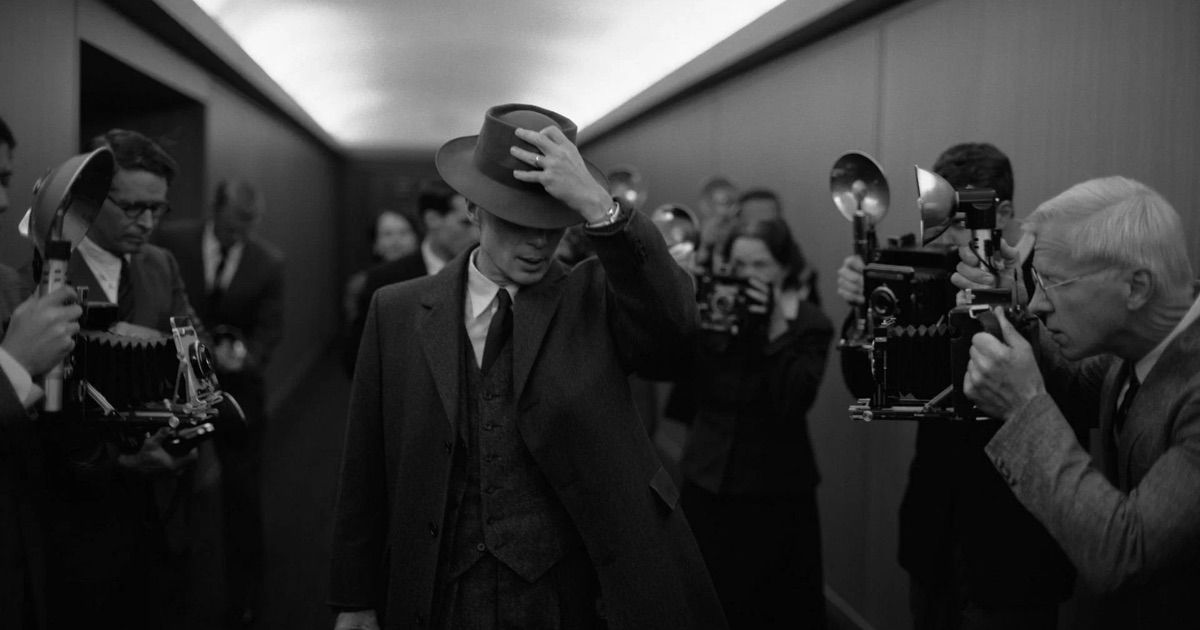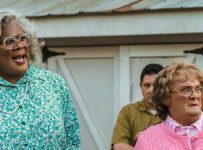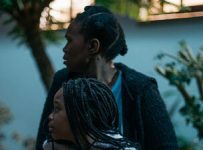Now Butterell is making his directorial film debut with the movie version of his show featuring marvelous newcomers Max Harwood and Lauren Patel in their first screen roles as Jamie New and his best friend, Pritti Pasha, respectively. Tour de force performances are also delivered by Richard E. Grant as drag icon Hugo (a.k.a Miss Loco Chanelle) and Sarah Lancashire as Margaret, whose soaring number, “He’s My Boy,” serves as the heart of the picture. After conducting interviews for sixteen months via either phone or Zoom for RogerEbert.com, it was both a shock and a joy to meet Harwood, Patel and Butterell in person last month in Chicago. The trio were clearly excited to be on their first U.S. press tour together, and they were eager to speak with me about their efforts to defy stereotypes and spark meaningful conversations across generations with their film, which premieres on Amazon Prime Video on Friday, September 17th.
This film reminded me of a talent show at my high school where a boy surprised everyone by appearing onstage in drag and singing “Diamonds are a Girl’s Best Friend.” When he got to the line, “Come and get me boys!”, the place went nuts. Some people started jeering him, while others—myself included—cheered in support. Could “Everybody’s Talking About Jamie” be considered a sign of the progress that has been made by young people in their acceptance of others?
Max Harwood (MH): Well, yes and no. Though this show is inspired completely by the true story of Jamie Campbell and how he took his place in the world, the version you see in the film has been taken and nurtured and crafted by members of the generation above his own: Jonathan as well as Dan, our amazing music writer, and Tom, our screenwriter and lyricist.
Jonathan Butterall (JB): The conversation has changed a little bit generationally. I could see myself in Jamie and I’m not of his generation, and I think that ultimately is what inspired me to want to tell this story. I saw something of my own story and the story of my own parents being told in the film between Hugo and Jamie, who represent two different generations. I was in those marches from Hugo’s time where we had to literally go out there and fight for our place in the world.
Many young people are still having to do that in the world today, so in some ways, it’s moved on, and in other ways, it hasn’t. What is inspiring for me is to watch Margaret Campbell hold her son and carry him through that odd place in one’s life where you’re 16 and looking to take your place in the world. She’s supporting him and loving him through that, and I think that love is passed on into the community, who then transition into holding him and supporting him. I do think the conversation has changed, but ultimately, it’s about the power of that love.
You can view the original article HERE.
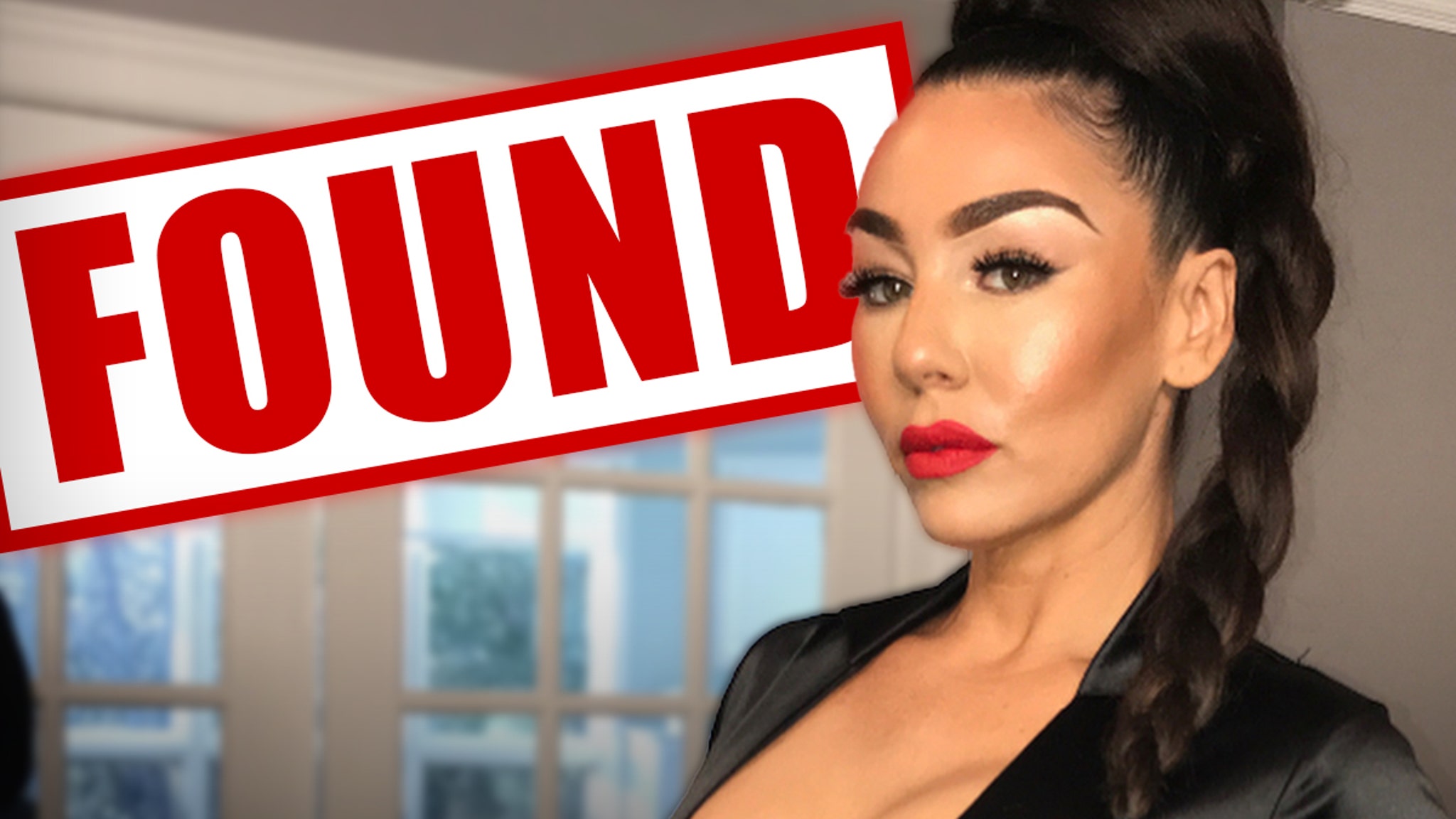
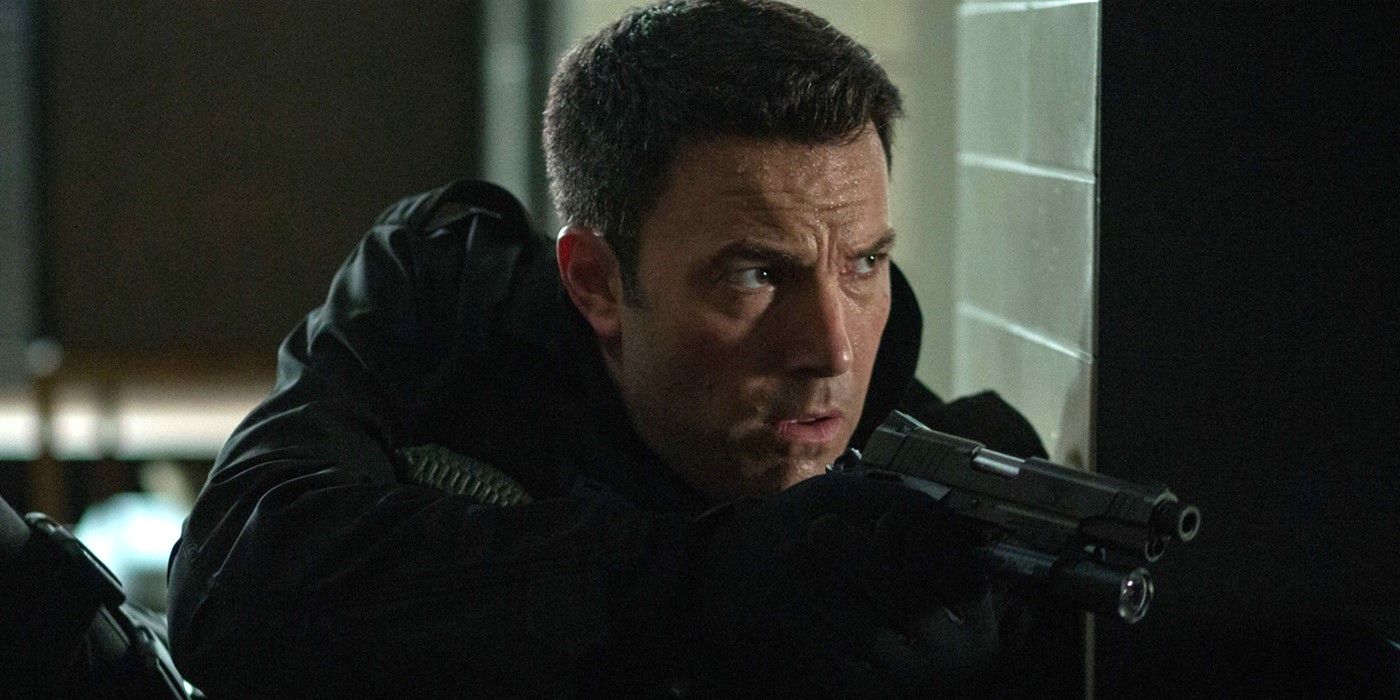
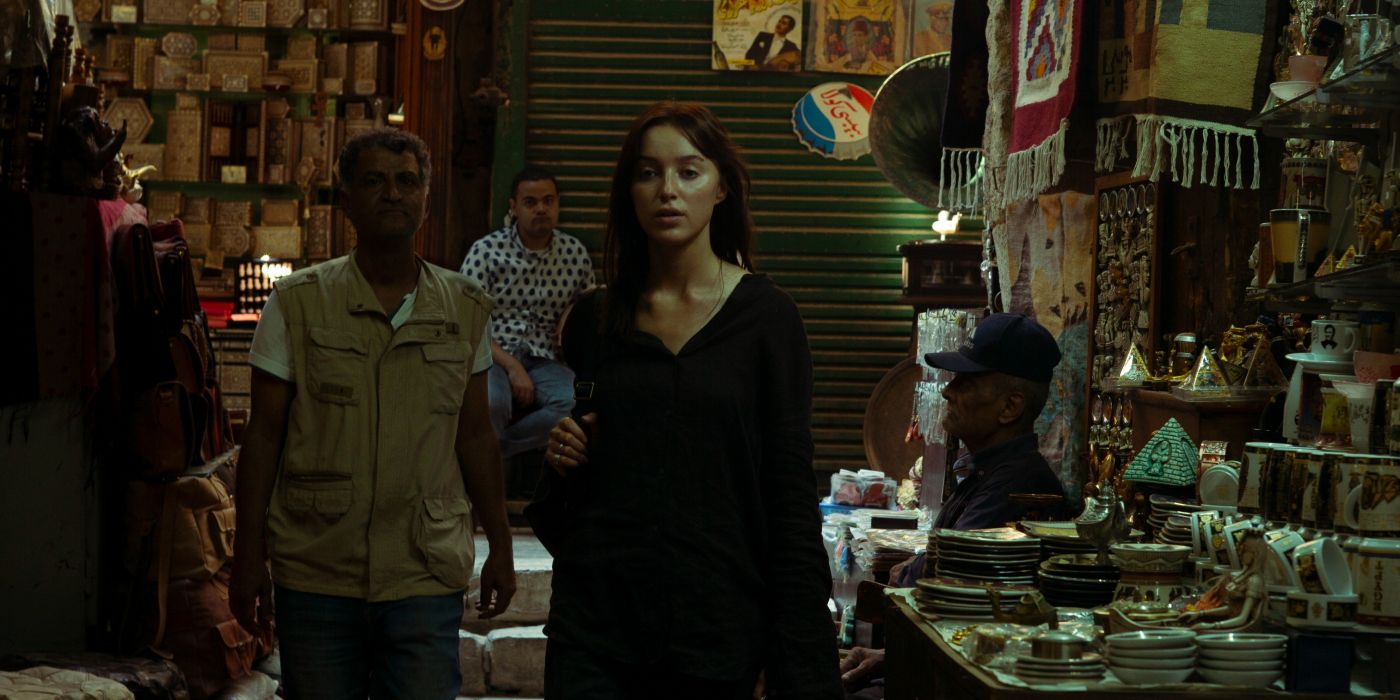












.jpg)
